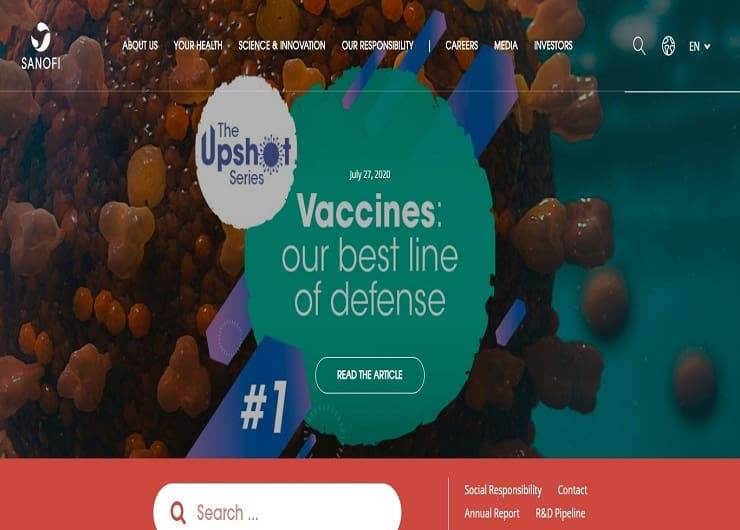
Sanofi is to acquire Provention Bio, a Red Bank, NJ-based biopharmaceutical company focused on intercepting and preventing immune-mediated diseases including type 1 diabetes, for $25.00 per share in cash, representing an equity value of approximately $2.9 billion.
The transaction adds a first-in-class therapy in type 1 diabetes to Sanofi’s core asset portfolio in General Medicines and further drives its strategic shift toward products with a differentiated profile. TZIELD (teplizumab-mzwv) was approved in the U.S. last year as the first and only therapy to delay the onset of Stage 3 type 1 diabetes (T1D) in adults and pediatric patients aged 8 years and older with Stage 2 T1D. Provention Bio also brings certain pipeline assets in early development in immune-mediated diseases.
Led by Ashleigh Palmer, Chief Executive Officer and Co-Founder, Provention Bio is a commercial-stage biopharmaceutical company focused on advancing the development and commercialization of investigational therapies that may intercept and prevent debilitating and life-threatening immune-mediated diseases. The Company’s pipeline includes clinical-stage product candidates that have demonstrated in pre-clinical or clinical studies proof-of-mechanism and/or proof-of-concept in autoimmune diseases, including T1D, celiac disease and lupus.
TZIELD is a CD3-directed antibody indicated to delay the onset of Stage 3 T1D in adults and pediatric patients aged 8 years and older with Stage 2 T1D. Stage 3 T1D is associated with significant health risks, including diabetic ketoacidosis, which can be life threatening, and patients who progress to Stage 3 T1D eventually require insulin injections for life.
TZIELD is also in late-stage clinical development for the treatment of pediatric and adolescent patients that are newly diagnosed with clinical T1D (Stage 3). A Phase 3 trial, PROTECT, is currently underway and top line results are expected in the second half of 2023. Additional opportunities for TZIELD include re-dosing and formulations as well as new therapeutic indications.